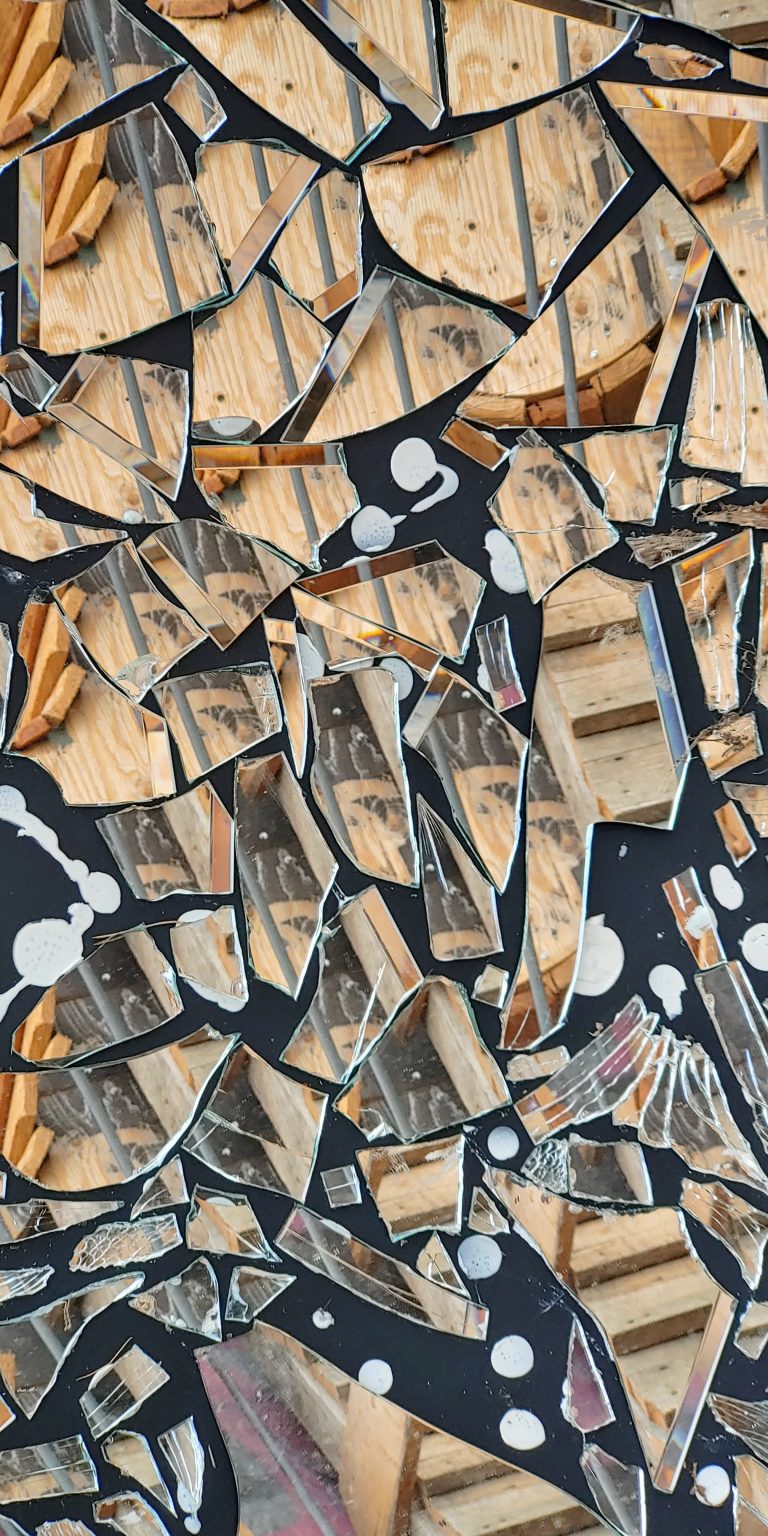Illness in this society, physical or mental, they are not abnormalities. They are normal responses to an abnormal culture. This culture is abnormal when it comes to real human needs. And.. it is in the nature of the system to be abnormal, because if we had a society geared to meet human needs, would we be destroying the Earth through climate change?
Gabor Maté
In a culture fuelled by burnout, a culture that has run itself down,… our collective immune system is weakened, we become more susceptible to viruses that are part of every culture because they’re part of human nature – fearmongering, scapegoating, conspiracy theories, and demagoguery.
Arianna Huffington
Culture is the tacit agreement to let the means of subsistence disappear behind the purpose of existence. Civilization is the subordination of the latter to the former.
Karl Kraus
In a recent podcast in which he discusses his new book: `The Myth of Normal: Trauma, Illness, and Healing in a Toxic Culture´, Dr Gabor Mate draws the listeners’ attention to the usage of the word `culture´ as in the context of growing micro-organisms in a petri dish. We refer to the broth in which they grow as a `culture´. If the culture is nourishing, the organisms will grow and thrive.
In the absence of nutrients, they will eventually die. If the culture is toxic, moreover, they are doomed from the outset. He then goes on to describe our contemporary culture as toxic because it does not meet the basic needs of the people.
His rhetorical question about climate change was followed by more searching enquiries: `Would we be putting extra burden on certain minority people? Would we be selling people a lot of goods that they don’t need, and, in fact, are harmful for them? Would there be mass industries based on manufacturing, designing, and mass-marketing toxic food to people?
He immediately proceeds to provide a few answers: `So we do all that for the sake of profit. That’s insanity. It is not insanity from the point of view of profit, but it is insanity from the point of view of human need. And so, in so many ways this culture denies and even runs counter to human needs. When you mentioned trauma.. given how important trauma is in human life and what an impact it has.. why have we ignored it for so long? Because that denial of reality is built in into this system. It keeps the system alive. So it is not a mistake, it is a design issue. Not that anybody consciously designed it, but that’s just how the system survives´.
The contention is that we have, even inadvertently, created a culture with in-built, self-perpetuating toxicity; a sort of Frankenstein system dominated by striving, materialism, and competition, which no longer meets our most basic needs, and to which we are becoming ever-more enslaved.
Before we examine these basic needs, let us have a look at the roots of the word culture, and what the term means. According to Webster’s, the etymology can be traced back to French & Latin; French culte, from Latin cultus care, adoration, from colere to cultivate.
To better understand the meaning, we need to look at two distinct aspects of culture; the nonphysical and the material aspects. The former comprises the common values and belief systems, language, communication, and practices that are shared by a group of people. Furthermore, culture is made up of our knowledge, common sense, assumptions, and expectations. It includes the rules, norms, laws, and morals that govern society, the words and symbols we use as well as how we speak and write them.
Culture is also what we do, how we express our creativity, and how we behave (for example, visual arts, theatre, and dance). It informs and is encapsulated in how we walk, sit, carry our bodies, and interact with others; how we behave depending on the place, time, and sub-culture, and how we express identities of race, class, gender, and sexuality, among others. Culture also includes the collective practices in which we participate, such as religious services, sports events, and techno raves.
Material culture, on the other hand, is composed of the things that humans make and use. This aspect of culture includes a wide variety of things, from buildings, technological gadgets, and clothing, to film, music, literature, and art, among others.
There exists an interdependence between these two sides of culture—the non-physical and material.
Material culture emerges from and is shaped by the non-physical aspects of culture, and vice-versa. What we value, believe, and know influences the things that we make. What we make, especially in terms of technology, economic systems, and how we shape the environments in which we live, informs the evolution of our values, beliefs, knowledge, and, most importantly, our behaviours.
Dr Maté lists four irreducible needs of children for healthy development. These are: attachment, rest (not having to make the relationship – with adults – work), attention, and the capacity to feel the entire range of our emotions to the full. He also lists `free play´ as a further essential need.
From my own experience as a young parent, I must admit that the pressures of our society, to which many of us succumb, do not leave us in a position to substantially meet these four irreducible needs of our children. In our society, both parents often work, meaning that the children are separated from one or both parents for much of their days from a very early age. The seeds of trauma are sown early.
For many people, the work environment is so stressful, that we spend the weekends recovering sufficiently by Monday morning to get back into the hamster wheel. Economic insecurity is intense, each of the generations since mid century seemingly struggling more to maintain the standard of living their parents enjoyed. The standard of living has eclipsed the quality of life in our estimation of progress.
Since the so-called Enlightenment, when the now dominant European culture (Karl Kraus would call it `civilisation´) separated the scientific (the what/how?) from the divine (the why?), our culture has made great strides in terms of technological progress while becoming more and more `individualistic´. The narrative of individualism is that we are all on our own, it is dog eat dog, and we must apply ourselves with great effort and diligence, at the expense of others, to get to the top of the heap.
The real needs of people become evident when we are, by some means of crisis, jolted out of semi-coma of our current consumerism. Purpose, connection, community, love, belonging, and service, for which we all deeply yearn, are the collateral damage of what has now become the neo-liberal creed of our times.
Culture can be a force for oppression and domination, but it can also be a force for creativity, resistance, and liberation. The original meaning of the word `individual´ is `cannot be divided´.
As a species we now stand at a turning point. With the innovations that have emerged over the past 120 years in areas such as depth psychology, neuroscience, quantum physics, imaging technology, addiction recovery, bodywork trauma therapies, and the like, we are perfectly equipped to bring about a new Golden Age of cultural evolution. We have an opportunity to create a culture that serves the needs of the people. In the spirit of care and adoration, such a culture would enable us to look after ourselves, each other and the beautiful planet which is our earthly home.







Eine Antwort
Habe dieses Jahr am Karfreitag Morgen eine wunderbare Stunde des Friedens in Deutschland erlebt. Das würde ich gerne mal mit dir teilen und meine Gedanken die ich dazu hätte.
Martin